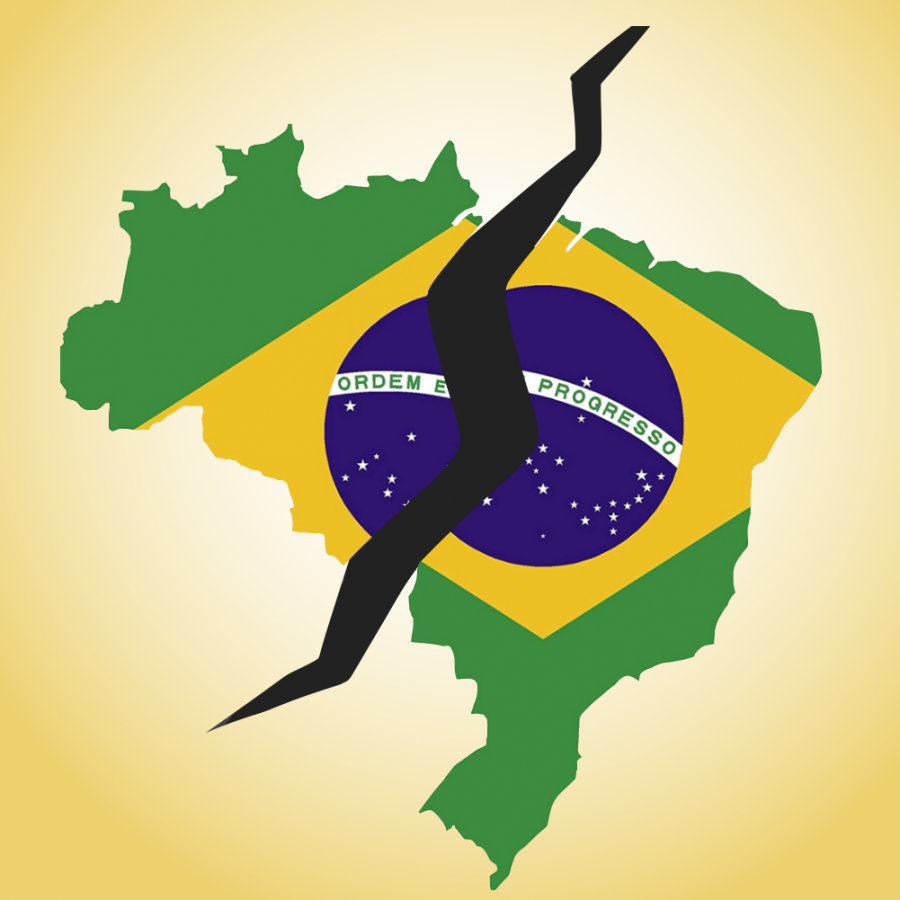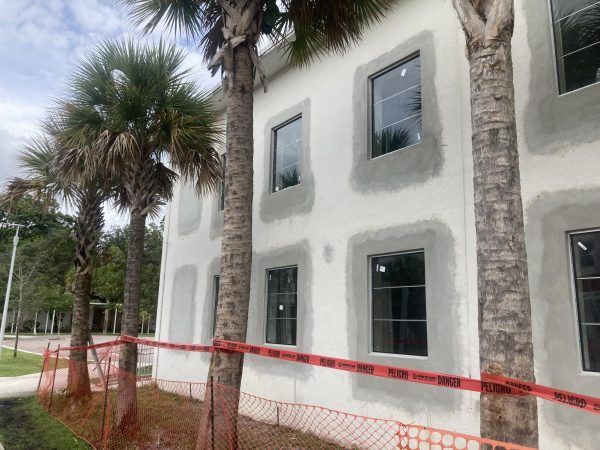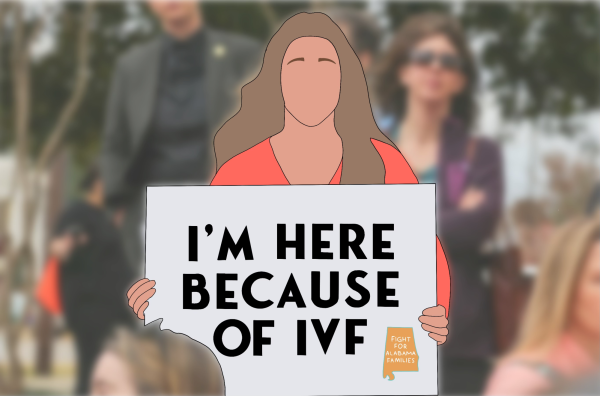Bye-Bye Brazil: The Far Right Wins
The recent elections in Brazil have split the nation ideologically.
Nov 5, 2018
Brazil can be considered one of the major powers in Latin America; as home to the majority of the Amazon Rainforest, Brazil also has the largest GDP in the region. Despite its thriving economy, Brazil has high crime rates and corruption, with the impoverished favelas in the cities taking up a large percentage of the urban landscape. For this reason, the recent elections have sparked protests within the country and international outrage, making the conservative presidential candidate Jair Bolsonaro a source of concern for many. Although his campaign is on a large anti-corruption platform that appeals to Brazilians, many are disappointed with his sexist, homophobic and racist rhetoric throughout his political career. While the right wing has produced some excellent leaders (Churchill in the U.K. and Reagan in the U.S.), Bolsonaro is the embodiment of what happens when one ventures too far to one end of the political spectrum to make progress.
“I think he will improve Brazil’s economy, but he has terrible beliefs that someone with that power should not have. I hope that he does not do anything to negatively affect the minorities he has spoken out against and the environment,” sophomore Pietra Goa said.
Bolsonaro announced his candidacy in March of 2016, and since then he has caused controversy in the political scene. He has also been very vocal on his anti-LGBT and racist stance while he served as a congressman for 27 years. Fiscally, he also lands very far right of center, which is why most Brazilians that wanted to see an end to corruption supported his campaign. After Operation Car Wash, Brazil was launched into a recession which the country is just beginning to recover from. The Social Party (PT- Partido Trabalhista) was at the head of the political instability that reigned over the past 16 years, leading to understandable resentment towards leftist policies. Most of the people who voted for Bolsonaro viewed it as voting against the PT instead of for Bolsonaro himself.

“I was not surprised with the results of this year’s elections. I feel like many Brazilians that voted for Bolsonaro actually felt like they were voting against the PT corruption.
— senior Julia Grisard
A combination of Bolsonario’s racist views and his praise of the military dictatorship that overtook Brazil in 1964 leads many to believe that Bolsonaro is a neo-fascist. He is openly racist, which upsets the very racially diverse communities in Brazil. A video surfaced in which Bolsonaro called a congresswoman “too ugly to rape” in 2014, angering many; it is evident that Brazil has failed in electing a leader that will fight for the rights of every citizen.
Not only will the far-right president elect not support the citizens of his country, but he is also looking to make profit off of Brazil’s natural resources by abusing them. Bolsonario aims to reduce the area of the Amazon and instead use the land for agriculture. This brings up the debate of economy versus environment in a country that bases most of its economy on natural resources. Following in Donald Trump’s footsteps, Bolsonario has also suggested the possibility of Brazil pulling out of the Paris Climate Agreement. This suggests that the world will be moving further away from global cooperation aimed at improvomg current climate conditions.
Despite all these negative aspects of Bolsonario, his opponent is not exactly what Brazil needs either. As a member of the PT, many feared that Brazil’s economy would not improve. He served as the mayor of Sao Paolo, and, while popular, his political affiliation weighed him down. The voters who would not have originally supported a candidate who threatens citizens’ basic human rights were left with no choice; between the well being of their country and their personal well being, the citizens spoke up clearly in favor of their nation.
This is not a direct result of the left; this is the result of political instability in a country with many resources and opportunity to grow. In the wrong hands, Brazil will be left to decay under extremist rule. After all, a country is not made of extremists, but rather people in every corner of the political compass. After these elections, Brazil can only hope the leader will not make any major decisions against them, but will make decisions for them.























